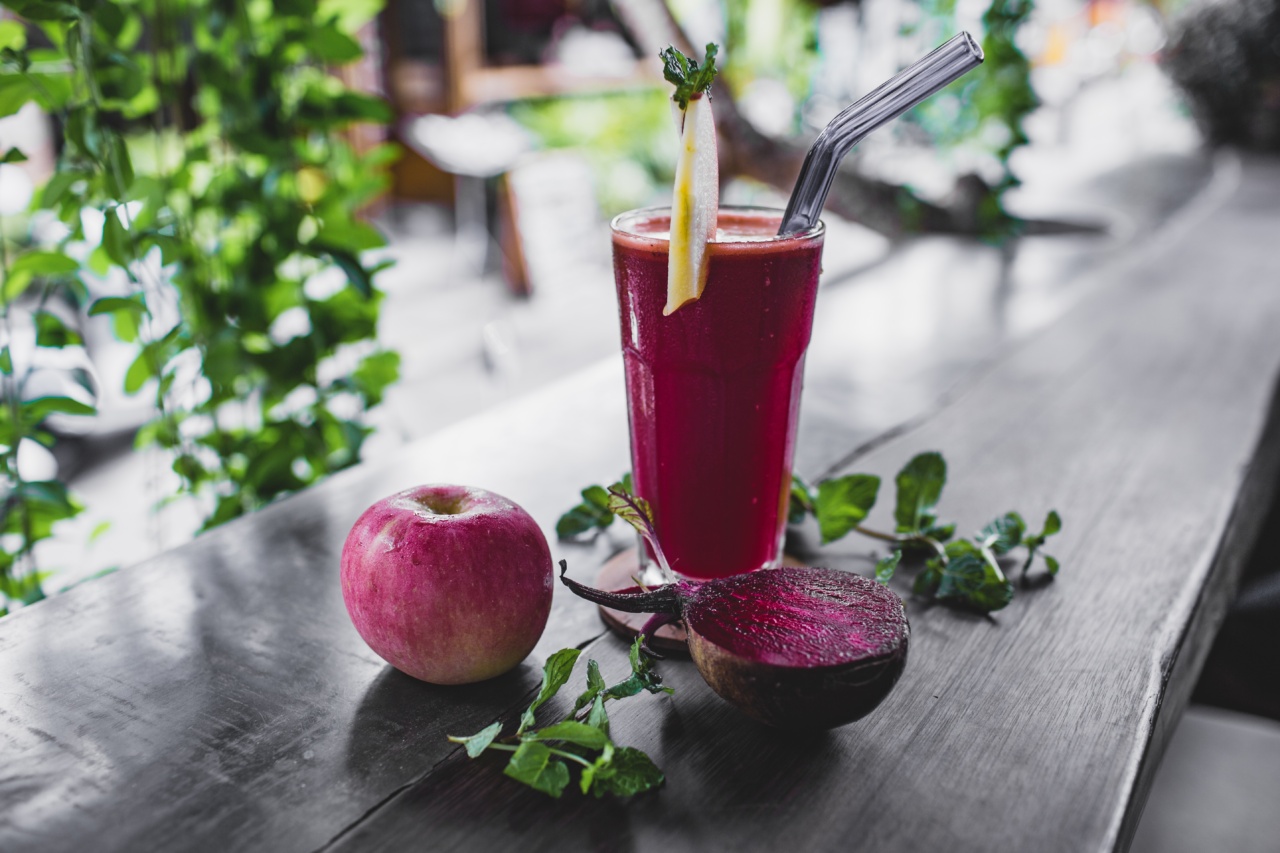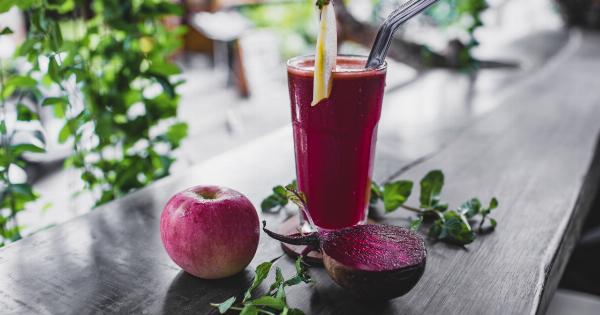High blood pressure is a significant health concern worldwide. High blood pressure, also known as hypertension, increases the risk of heart attacks, stroke, and kidney failure.
The factors that contribute to hypertension include age, genetics, diet, stress, and lifestyle habits such as smoking and lack of exercise. Recently, researchers have found that beetroot juice may play a role in lowering blood pressure naturally.
The Science Behind Beetroot Juice
Beetroot juice contains high levels of nitrates, which are converted to nitric oxide in the body. Nitric oxide is a gas that helps relax and widen blood vessels.
When blood vessels dilate, it allows blood to flow more freely, which can lower blood pressure.
Several studies have investigated the effects of beetroot juice on blood pressure. One study found that drinking just 250 milliliters (about one cup) of beetroot juice led to a significant decrease in blood pressure in healthy individuals.
Another study found that individuals with high blood pressure who drank beetroot juice had a lower systolic (top number) blood pressure reading after just six hours.
The Benefits of Beetroot Juice
Research on beetroot juice suggests that it may offer several benefits for overall health and wellness.
In addition to its potential to lower blood pressure, consuming beetroot juice may also improve athletic performance, reduce inflammation, and support digestive health.
How to Incorporate Beetroot Juice into Your Diet
Beetroot juice can be found in health food stores and online. It’s important to choose a high-quality brand that uses organic, non-GMO beets. Some individuals may find the taste of beetroot juice strong or unpleasant.
If that’s the case, consider adding other fruits or vegetables to the juice to temper the taste.
Incorporating beetroot juice into your diet is easy. Try drinking a small cup of beetroot juice in the morning as a part of your breakfast routine. You can also add beetroot juice to a smoothie or mix it with other vegetable juices.
Safety Considerations
Most individuals can safely consume beetroot juice without adverse reactions. However, it’s important to note that beetroot juice can cause temporary changes to stool and urine color.
This is harmless but may be surprising to individuals who are not familiar with this side effect.
Individuals who are taking medications for high blood pressure should consult with a healthcare provider before incorporating beetroot juice into their routine.
Beetroot juice may interact with certain medications, causing blood pressure to drop too low.
Conclusion
Drinking beetroot juice may offer a natural and safe way to help lower blood pressure levels. The science behind beetroot juice is promising, suggesting that the nitrates found in this juice may help relax blood vessels and improve circulation.
In addition to its potential to lower blood pressure, beetroot juice may offer other benefits for overall health and wellness. As with any dietary change, it’s important to speak with a healthcare provider before incorporating beetroot juice into your routine.































